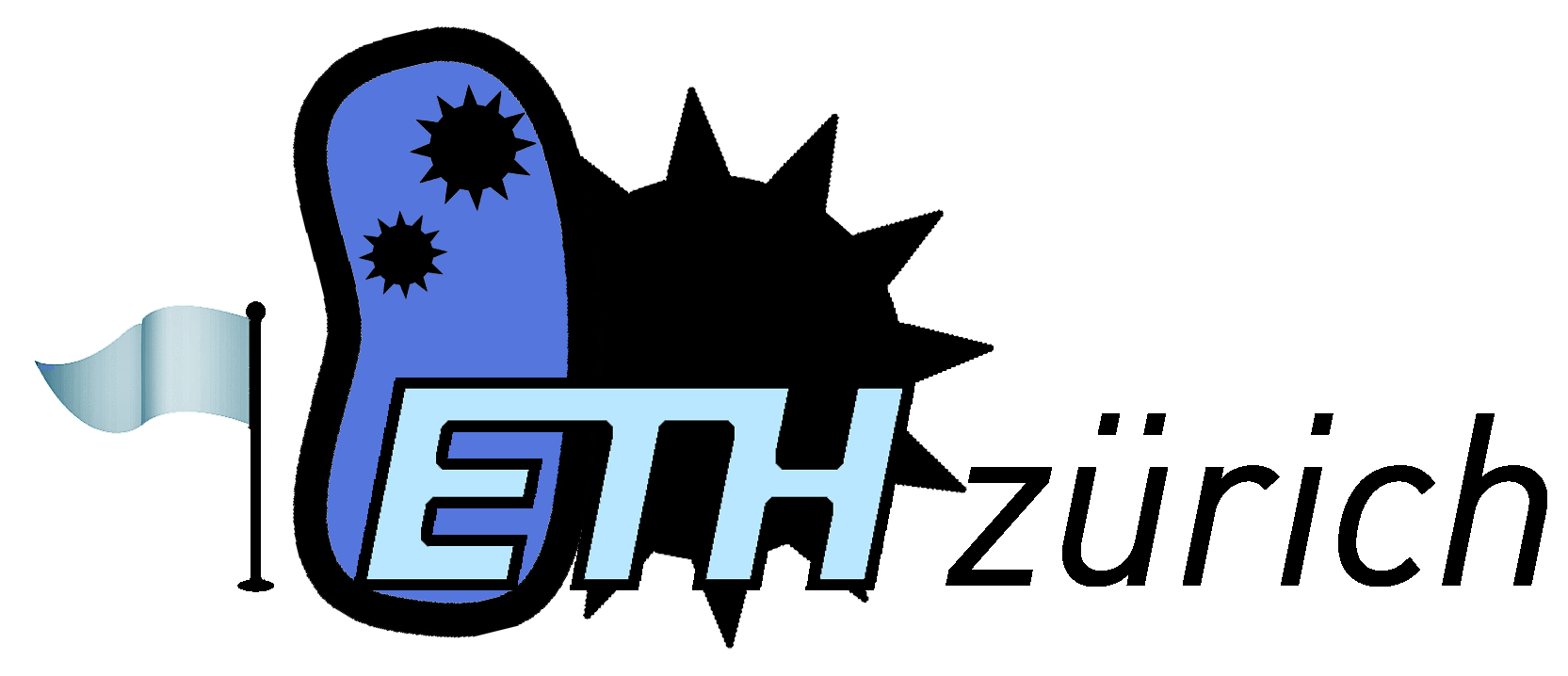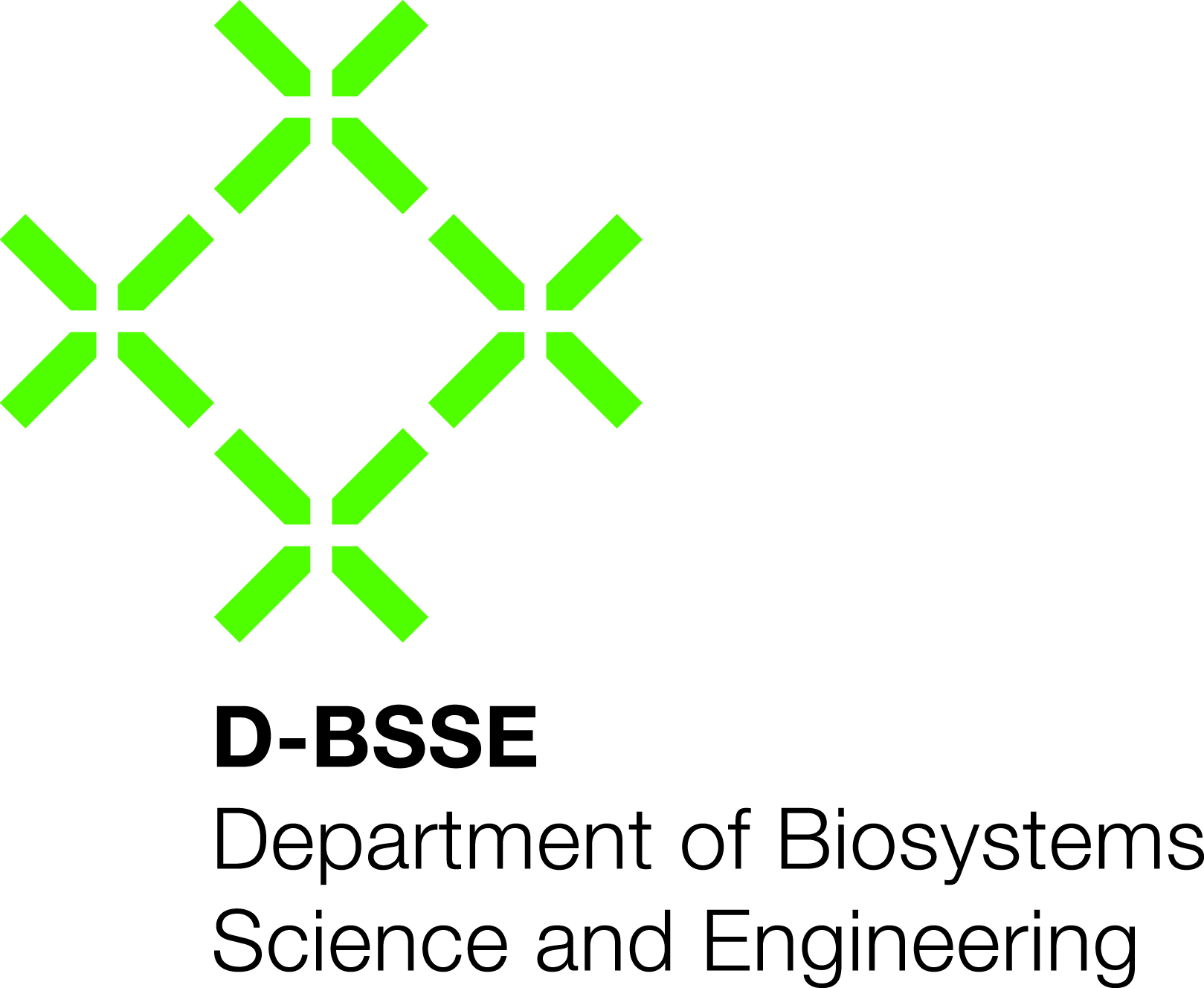Team:ETH Zurich/gameplayexperiment
From 2013.igem.org
Contents |
Gameplay overview
We had problems with the leakiness of our system and the missing promoter library in Lyon, but solved those for Boston.
After finding out the analytical solution (see here of the solution) needed for the second promoter detecting two mines around, we decided to do partial sensitivity recovery of the first PLuxR variant (G1) (see here for the library). This worked very well and we isolated promoters with different EC50. Then thanks to the model prediction we could easily select one of those 7 promoters which fits well in our system (single mutant 1 , SM1).
Meanwhile the leakiness could be reduced by introducing a positive feedback loop (see here the optimization of the circuit) and our two problems were finally solved.
The GFP-RFP gameplay
First of all we set up a simple version of the game using GFP and RFP as reporters for 1 and 2 mines respectively, using the newly isolated and predicted PLuxR (SM1) as promoter in the PLac-LuxR-PLuxR [http://parts.igem.org/Part:BBa_R0062 BBa_J09855] construct with RFP as reporter and the native [http://parts.igem.org/Part:BBa_R0062 BBa_R0062] in the PLac-LuxR-PLuxR [http://parts.igem.org/Part:BBa_J09855 BBa_J09855] construct with the GFP as reporter. Unfortunately, the experiment could not be conducted until the wiki freeze. But we finished cloning all constructs, which will be tested within the next few days, and the data will hopefully be provided at the presentation.
The hydrolase gameplay
As mentioned above, we only managed to solve our major problems between Lyon and Boston. Due to time issues we were not able to finish the cloning for the wiki freeze but we will hopefully finish it this week and therefore show it at the presentation with the according video.
 "
"





